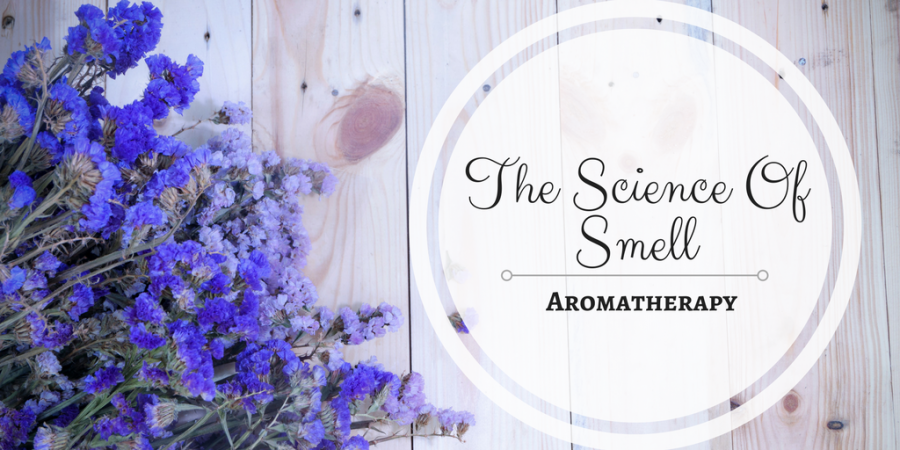From reducing pain and anxiety to boosting your energy and memory, essential oils have become a hot commodity amongst a highly diversified audience.
Way back when, Egyptians treated diseases with the use of essential oils. Additionally, Dioscorides, the greek physician, wrote books about the healing properties of oils. Today, essential oils and aromatherapy can be utilized for anything from reducing chemotherapy side effects, to promoting a restful night of sleep.
Obviously, the “aroma” in aromatherapy typically comes from these essential oils or extracted concentrated liquids from plants. Common scents are easily recognizable, like lavender, sage, tea tree, eucalyptus, rosemary, peppermint, and orange, and many more.
A recent study performed by the Mie University School of Medicine revealed that patients with depression required reduced doses of antidepressant medications after a citrus fragrance treatment. These scents normalized neuroendocrine hormone levels and immune function amongst the test subjects. Additionally, another study from the University of Vienna demonstrated a decrease in anxiety from female patients when the use of orange oil was utilized in dental clinics. Although there is not a plethora of studies that prove the validity of the use of aromatherapy for medical purposes, however, many studies are showing that some fragrances can have a clinically noticeable effect on mood.
So how does aromatherapy work?
Whe essential oils are inhaled, the scent that they carry is passed along by the olfactory nerve cells in the nose. The aroma is sent to the limbic system in the brain which is the main location for emotions and other functions related to our instincts and memories. Something unique about the sense of smell is that unlike all other sensations our body perceives, it does not pass through the thalamus, the main portion of the brain responsible for relaying motor and sensory signals to the cerebral cortex, making your sense of smell all the more effective and immediate. In fact, our sense of smell is 10,000 times more powerful than all of our other senses. Mood enhancers like endorphins and serotonin are released amongst the introduction of different aromas. Smell is also the strongest link to the subconscious mind and to our collective unconscious mind where memories are stored, which explains why a certain smell can completely transport us to a specific time or place.
Sometimes, people utilize essential oils directly on the skin. Since oil doesn’t dissolve in water, they attach to the body fat and fluids, bringing them into the body along with their many antioxidants and enhancing our immune strength.
Utilize this list of basic scents to reap the many benefits that aromatherapy can provide.
Relieve Anger: Chamomile, Jasmine, Patchouli, Rose and Ylang-ylang.
Relieve Anxiety: Bergamot, Cedarwood, Cypress, Frankincense, Hyssop, Lavender, Marjoram, Myrrh, Neroli, Orange, Peach, Rose, Rose Geranium and Violet Leaf.
Increase Confidence: Frankincense, Jasmine, Patchouli and Sandalwood.
Ease Depression: Bergamot, Clary Sage, Grapefruit, Jasmine, Lavender, Lemon, Lemon Balm, Lemon Verbena, Neroli, Orange, Petitgrain, Rose Geranium, Sandalwood, Tangerine and Ylang-ylang.
Improve Memory: Bay Laurel, Jasmine, Lavender, Lemon and Rosemary.
Ease Sorrow: Clary Sage, Cypress, Fir, Marjoram, Rosemary and Sage.
Overcome Fatigue: Angelica, Benzoin, Camphor, Cardamom, Cinnamon, Clove Basil, Cypress, Eucalyptus, Fennel, Lemon, Peppermint, Pine, Sage and Spiced Apple.
Deal with Stress, Nervous Tension and Insomnia: Bergamot, Chamomile, Cinnamon, Cloves, Frankincense, Lavender, Lemon, Marjoram, Myrrh, Neroli, Nutmeg, Orange, Petitgrain, Rose, Sandalwood, Sweet Melissa, Valerian, Vanilla, Violet, and Ylang-ylang.
Calm Irritability: Chamomile, Neroli, Rose, and Rose Geranium.


















